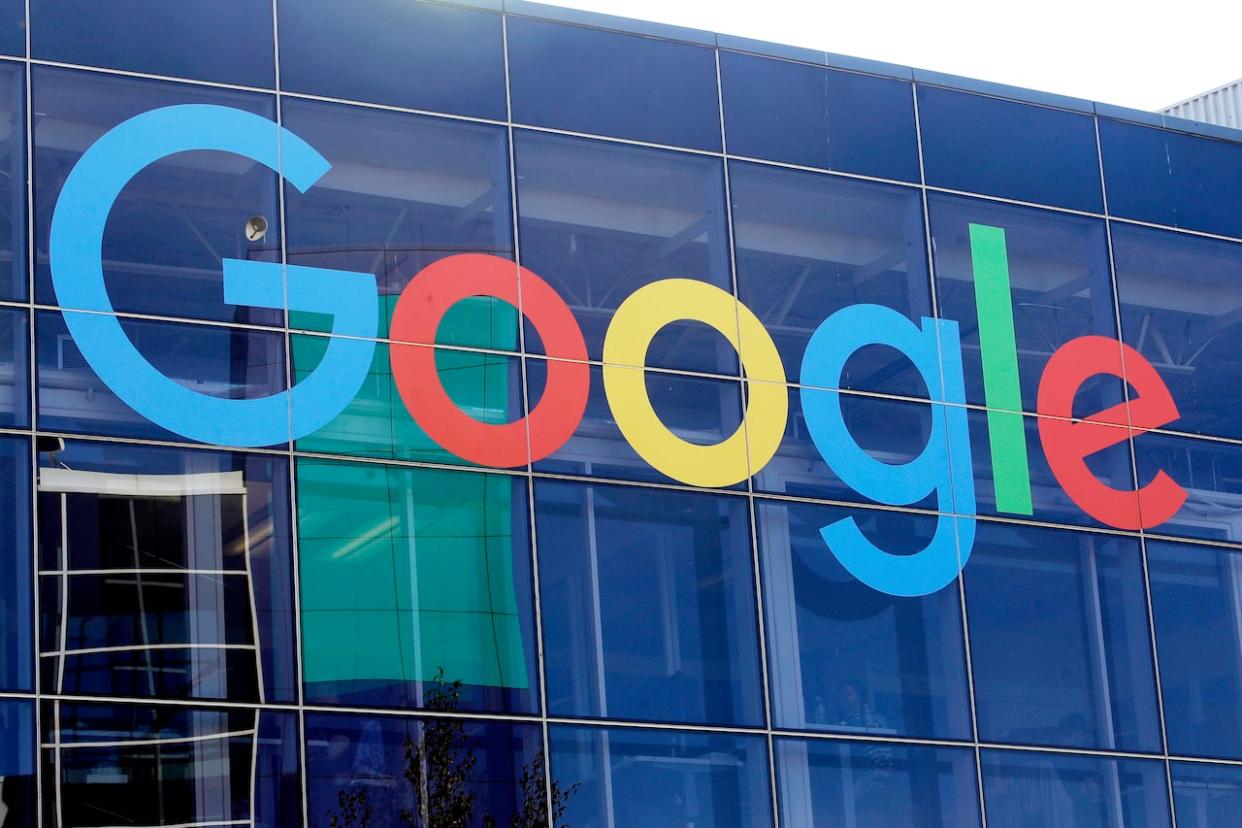Almost two-thirds of Google's $100-million media fund will go to print, digital media

Almost two-thirds of the $100 million Google must give to news outlets across the country each year will be distributed to print and digital media, with the remaining third split between CBC/Radio-Canada and other private and public broadcasters.
Government officials outlining how the compensation will be divided said Friday that CBC/Radio-Canada's portion of the fund will be capped at seven per cent, while other broadcasters in the country will split 30 per cent. Print and digital media will share the remaining 63 per cent of the fund.
The annual compensation for news organizations, required by the Online News Act, will be distributed to outlets based on the number of full-time journalists they employed in the last calendar year who were producing original news content.
The Online News Act, which became law on June 22, 2023, takes effect December 19. It requires digital platforms with 20 million unique monthly users and annual revenues of $1 billion or more to compensate news outlets for sharing links to their pages.
Only Google and Meta, which owns Facebook and Instagram, meet those criteria in Canada. Google's deal requires it to pay $100 million a year, indexed to inflation. Facebook escaped the need to strike its own deal by no longer sharing links to news pages.
As part of the deal, Google provided assurances that Canadian news outlets will be treated fairly in comparison with deals it might strike with news media in other countries.
The federal government said that if news outlets in other countries strike a better deal with Google, the company would go back to the federal government "with a view to resolving any concerns."
Under Section 11.1 of the Online News Act, news organizations that are eligible to receive funding under the deal include non-profit and for-profit outlets that produce local, regional and national news content.
Eligibility and distribution
Government officials said Friday that after the act comes into force, eligible news organizations are required to answer a "call-out" by Google.
News organizations in the call-out that demonstrate they qualify for funding will then join a collective that will speak to Google with one voice to hammer out details of the funding they will get.
Any administrative costs incurred by the collective will be deducted from the $100 million fund. Google will cover its own administrative costs outside the fund.
Heritage Minister Pascale St-Onge has said that the collective distributing the money will be required to do so in a "transparent manner under the legislation" and the process will be "supervised by the CRTC [Canadian Radio-television and Telecommunications Commission]."
Media companies that qualify under the act but do not want to be a part of the collective can make a pitch to the CRTC for permission to strike their own deals directly with Google. To be successful, media outlets must convince the regulator their negotiations are fair and also benefit other companies that qualify for funding.
The regulations unveiled Friday say that news outlets are required attest that most of money they get from the fund must be used to "support the production of local, regional and national news content."
Media outlets receiving funding must also attest that they will not undermine freedom of expression or journalistic independence by interfering in an outlet's editorial process.
Google can strike non-monetary agreements with news outlets to provide them with in-kind technical support under the act, but it must be over and above the $100 million fund.
Google issued a statement Friday saying that while it maintains that the Online News Act is "fundamentally flawed legislation," it is pleased that it managed to strike a funding agreement with the federal government.
"Fortunately, this means we will be able to continue sending valuable traffic to Canadian publishers and Canadians will be able to continue enjoying the Google products they know and love while we work through the exemption process," the statement said.
News Media Canada, a group representing print and digital media in Canada, issued a statement welcoming the regulations.
"Today, we have a solid regulatory framework with teeth that ensures Google compensates news publishers — large and small — for the exceptional reporting our journalists do, without fear or favour, on behalf of their fellow Canadians," said Paul Deegan, CEO of News Media Canada.
CBC/Radio-Canada also welcomed the regulations, saying they will "help ensure that Canadian news organizations receive compensation for the journalism they produce.
"It is also important that the regulations recognize that the news provided by CBC/Radio-Canada has value and should also receive compensation."
The statement did not say how its seven per cent will be shared between CBC and Radio-Canada, but the corporation said it will "work with its media partners and digital platforms on the next steps."


